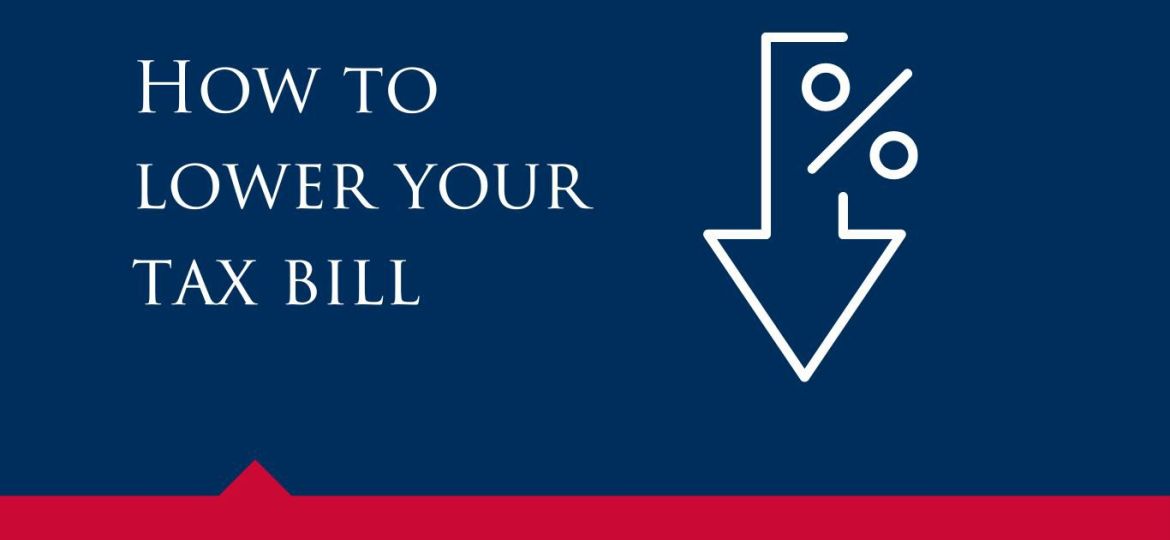
When it comes to managing household finances, one of the most common questions married couples ask is, “How can we lower our tax bill?” For couples who are both employees, there are several strategies to legally minimise the amount of tax you pay while maximising your financial efficiency.
In this article, we explore practical tax-saving strategies specifically tailored for married couples with dual incomes. Whether you’re planning for the future or optimising for the present, these tips can help you reduce your overall tax liability.
- Maximise Pension Contributions
One of the most effective ways to reduce your taxable income is by contributing to a pension scheme. For employees in Ireland, contributions to your employer-sponsored pension plan or a private pension are tax-deductible, reducing your taxable salary.
- Tax Relief: Contributions can attract tax relief at your marginal tax rate, which could be as high as 40%.
- Double Benefits: Since both spouses are earning, each can maximise their individual pension contributions, doubling the household benefit.
- Employer contributions: Contributions from your employer are not subject to Income Tax, USC or PRSI and are not a benefit in kind. You should ask you employer to at least match your contributions. You could also enquire if they will structure future bonus payments and pay rises and employer contributions to your pension.
- Avail of Tax Credits for Couples
Married couples can benefit from joint assessment, which often results in a lower overall tax bill compared to being taxed individually.
- Standard Rate Cut-Off Point: As a couple, your standard rate cut-off point is higher, allowing more of your combined income to be taxed at the lower 20% rate instead of the higher 40% rate.
- Marriage Tax Credit: Don’t forget to claim the marriage tax credit, worth €3,750 in 2024.
- Split Income for Maximum Tax Efficiency
If one spouse earns significantly more than the other, consider redistributing your tax allowances and rate bands to lower the overall tax burden. This is particularly beneficial if one spouse’s income is just tipping into the higher tax bracket.
Your accountant or financial advisor can help ensure your tax bands are optimally distributed.
- Claim Work-Related Tax Reliefs
Both employees should explore available tax reliefs related to their professions:
- Flat-Rate Expenses: If your job requires specific uniforms, tools, or equipment, you can claim flat-rate expenses.
- Remote Working Relief: If either or both of you work from home, you can claim a percentage of household utility bills like electricity and broadband as tax relief.
- Make Use of Medical Expense Relief
Medical expenses not covered by insurance are eligible for a 20% tax rebate. As a couple, you can combine your medical receipts and claim together for greater savings.
- Leverage the Small Gift Exemption
Did you know you can each receive up to €3,000 per year tax-free as a gift? This can be a great way to build wealth while minimising tax exposure.
- Review Your Tax Situation Annually
Tax laws change frequently, and your circumstances may evolve. Schedule an annual review with your accountant or financial advisor to ensure you’re taking advantage of the latest reliefs and allowances.
- File a Tax Return with an accountant each year
Tax laws change frequently, and your circumstances may evolve. Schedule an annual review with your accountant and file a tax return each year.
Conclusion
Paying less tax as a married couple doesn’t require bending the rules—it’s about understanding and utilising the system to your advantage. By following these tips, you can reduce your tax bill, grow your wealth, and keep more of your hard-earned money.
Why not get in touch with one of the team to discuss how best you can utilise the rules. Contact Us.
Disclaimer
Metis Ireland Financial Planning Ltd t/a Metis Ireland is regulated by the Central Bank of Ireland.
All content provided in these blog posts is intended for information purposes only and should not be interpreted as financial advice. You should always engage the services of a fully qualified financial adviser before entering any financial contract. Metis Ireland Financial Planning Ltd t/a Metis Ireland will not be held responsible for any actions taken as a result of reading these blog posts.


